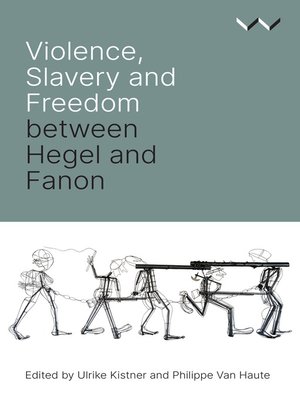
Sign up to save your library
With an OverDrive account, you can save your favorite libraries for at-a-glance information about availability. Find out more about OverDrive accounts.
Find this title in Libby, the library reading app by OverDrive.



Search for a digital library with this title
Title found at these libraries:
| Library Name | Distance |
|---|---|
| Loading... |
Hegel is most often mentioned – and not without good reason – as one of the paradigmatic exponents of Eurocentrism and racism in Western philosophy. But his thought also played a crucial and formative role in the work of one of the iconic thinkers of the 'decolonial turn', Frantz Fanon. This would be inexplicable if it were not for the much-quoted 'lord-bondsman' dialectic – frequently referred to as the 'master-slave dialectic' – described in Hegel's Phenomenology of Spirit. Fanon takes up this dialectic negatively in contexts of violence-riven (post-)slavery and colonialism; yet in works such as Black Skin, White Masks and The Wretched of the Earth he upholds a Hegelian-inspired vision of freedom. The essays in this collection offer close readings of Hegel's text, and of responses to it in the work of twentieth-century philosophers, that highlight the entangled history of the translations, transpositions and transformations of Hegel in the work of Fanon, and more generally in colonial, postcolonial and decolonial contexts.







